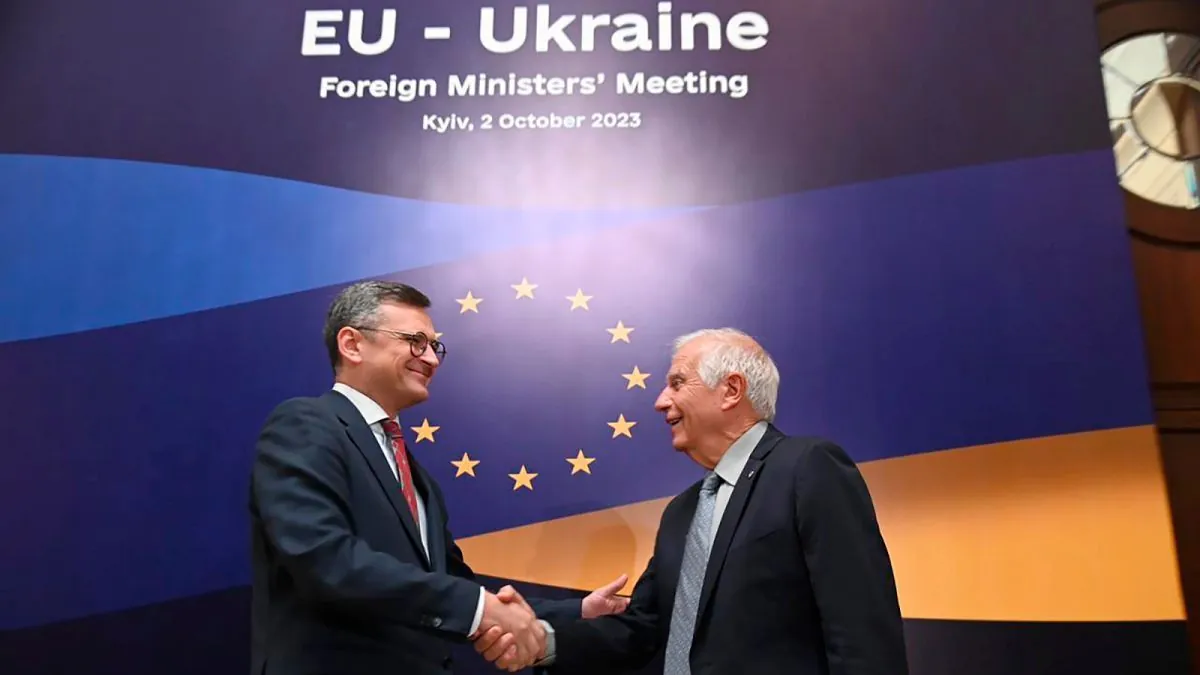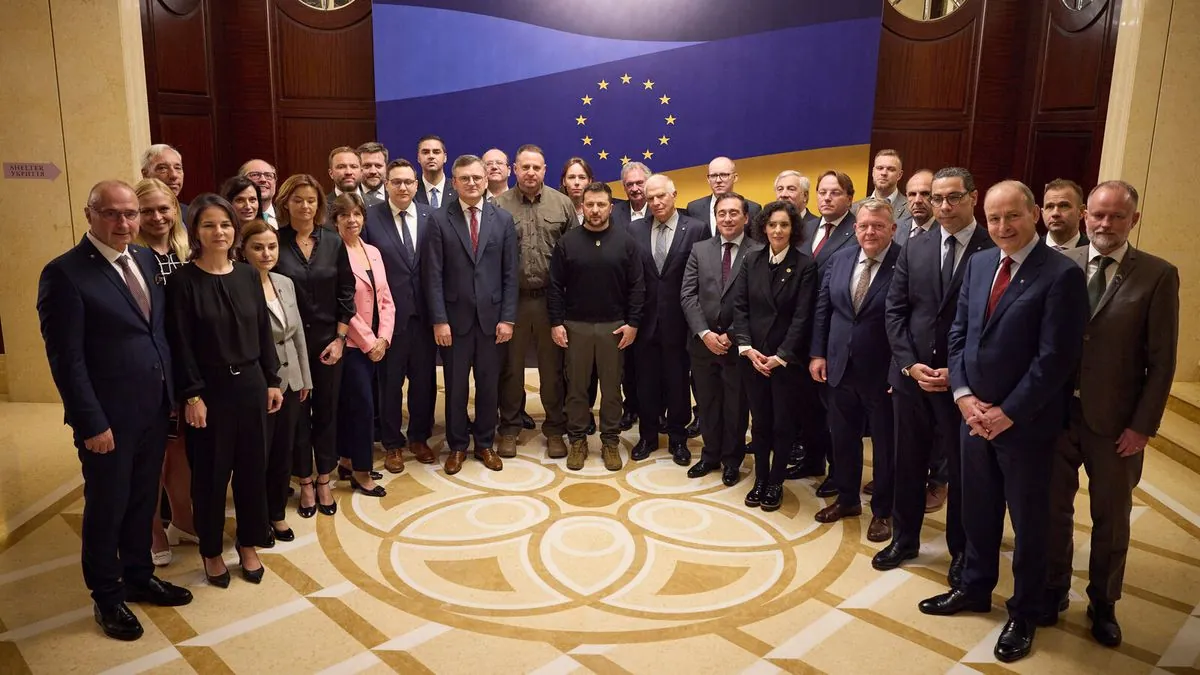EU Considers Sanctions on Israeli Ministers for Controversial Statements
EU foreign policy chief Josep Borrell initiates process for potential sanctions on Israeli ministers over controversial statements. Member states to be consulted on the proposal.

In a significant development, Josep Borrell, the European Union's High Representative for Foreign Affairs and Security Policy, has initiated a process to potentially impose sanctions on certain Israeli ministers. This move comes in response to what Borrell describes as "unacceptable hate messages against the Palestinians" and proposals that allegedly contravene international law.
Speaking to reporters in Brussels on Thursday, August 29, 2024, Borrell stated, "I initiated the procedure to ask the member states if they consider (it) appropriate to include in our list of sanctions some Israeli ministers." The EU foreign policy chief, who has held his position since 2019, did not specify which Israeli ministers might be targeted by these potential sanctions.
This development occurred ahead of a meeting with EU foreign affairs ministers in Brussels, where such matters are regularly discussed. The EU's Common Foreign and Security Policy (CFSP) provides the framework for addressing international issues, with sanctions being a key tool in this policy.
It's important to note that EU sanctions require unanimous approval from all member states, reflecting the bloc's commitment to consensus in foreign policy decisions. The European Union has a history of imposing sanctions on various countries and individuals for human rights violations and breaches of international law.

The EU has long been involved in the Israeli-Palestinian conflict, consistently supporting a two-state solution. As the largest donor of financial assistance to the Palestinians, the EU plays a significant role in the region. The bloc has previously criticized Israeli settlement expansion in the West Bank and has a clear position on Jerusalem, viewing it as the potential capital of both Israel and a future Palestinian state.
This potential move by the EU comes against the backdrop of the European Neighbourhood Policy, which governs the EU's relations with Israel and other nearby countries. The EU-Israel Association Agreement, which regulates trade relations, could potentially be affected by any sanctions.
The European Parliament has passed several resolutions related to the Israeli-Palestinian conflict, reflecting the EU's ongoing engagement with the issue. The bloc has repeatedly called for accountability for violations of international humanitarian law in the region.
As this process unfolds, it will be crucial to monitor the responses of EU member states and the potential impact on EU-Israel relations. The outcome of this initiative could have significant implications for diplomatic efforts in the Middle East peace process.
"I initiated the procedure to ask the member states if they consider (it) appropriate to include in our list of sanctions some Israeli ministers (who) have been launching unacceptable hate messages against the Palestinians, and proposing things that clearly go against international law."
This development underscores the EU's commitment to upholding international law and promoting peace in the region, while also highlighting the complex dynamics of international diplomacy in the Israeli-Palestinian conflict.


































